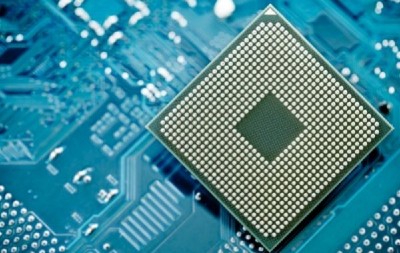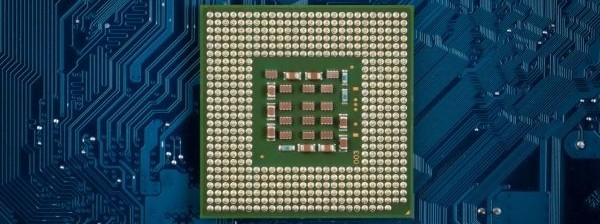The CPU is one of the most important components for the PC, as, without it, there is no possible way for it to run at all. While the CPU does not necessarily store and data in the traditional sense, its computations are what process the data and keep things running. That is why PCS where you might have superb other parts still suffer in speed in terms of loading and running programs and files.
Looking for a TLDR? In short, all of the computations that the CPU does are stored inside the CPU registers. They are a type of temporary memory. One could say that they are pretty much the same thing as the RAM and CPU cache, but they are much smaller in size and much faster than both of them. While most CPUs tended to have 8 registers, today, that number differs as some have 16 and 32, while others have more.
Where Does The CPU Store Its Computations?
As a very complicated piece of hardware, the CPU does all kinds of processing when it comes to data that enters and leaves your computer.
However, while many would think that CPU “talks” with RAM or your disk drive to store temporary computations before they are finally done, that is actually not true.
CPU uses something called “registers” in order to store the computations that it does, and while it is indeed temporary memory, that is in fact similar to RAM, it is much different in its structure.
The memory is actually very tiny compared to RAM, especially ones used today, but the interesting thing is that it is incredibly fast.

How Many Registers Does A CPU Have?
The number of registers that a CPU has depends on the type of CPU. The most common number of registers used by a CPU used to be 8, which are the general-purpose registers.
They are usually architecturally dependant on the CPU, which means that if you have a 64-bit CPU, the registers are also 64 bits. For shorter instructions, there are also half-registers.
Today, depending on the CPU that you use, the number of registers is going to differ, but in general, there are certain registers that are present pretty much in every CPU.
Data registers hold numeric data for arithmetic operations, constant registers hold read-only values, status registers store truth values that determine if an instruction should be executed or not, and there are many more.
How Do CPU Registers Work?
As we mentioned, there are different types of registers, and every single one has a specific task that they are meant to do.
This is where it makes sense that newer CPUs have more registers, as there are more modern features that require those new registers.
If you are an avid gamer, you probably know that some of the modern games are not playable at all due to the lack of registers that the game is required to run.
In case you ever ran into this issue, you were probably not too happy that your wallet had to take some damage for a CPU upgrade.
Looking at index registers as an example, let us explain in a bit more detail what they are all about.
Index registers store points that allow the CPU to locate certain data, which is why they are also called address registers, and registers of modification. The points have a base, index, and other data.
By utilizing that data, the index registers are extremely useful, as they allow the CPU to be more efficient in execution speed while also reducing the overall memory usage for other registered that are required to be used at the time.
Does A CPU Store Data?
Earlier we mentioned that the CPU and RAM are quite similar in some areas, and such area is the part where they store temporary data.
Unlike the traditional storage of data like an SSD or an HDD for example, the CPU stores data that It needs to access in a form of a cache.
Then, when a register is required some of that data, it is pulled out of that cache and used accordingly to the register’s purpose.
Once the data is used, the CPU is either going to store it back in its cache, or it is going to discard it completely depending on the data in question.
Final Words About Where Does The CPU Store Its Computations
Over the years, CPUs have advanced quite a lot, and while the answer to the question of “where does the CPU store its computations” is still the same like it was decades ago, the architecture of modern CPUs is slowly changing.
While using registers is the best way today for a CPU to do its work, it would not be that big of a surprise if someone comes up with a more efficient CPU architecture.
Table of Contents

